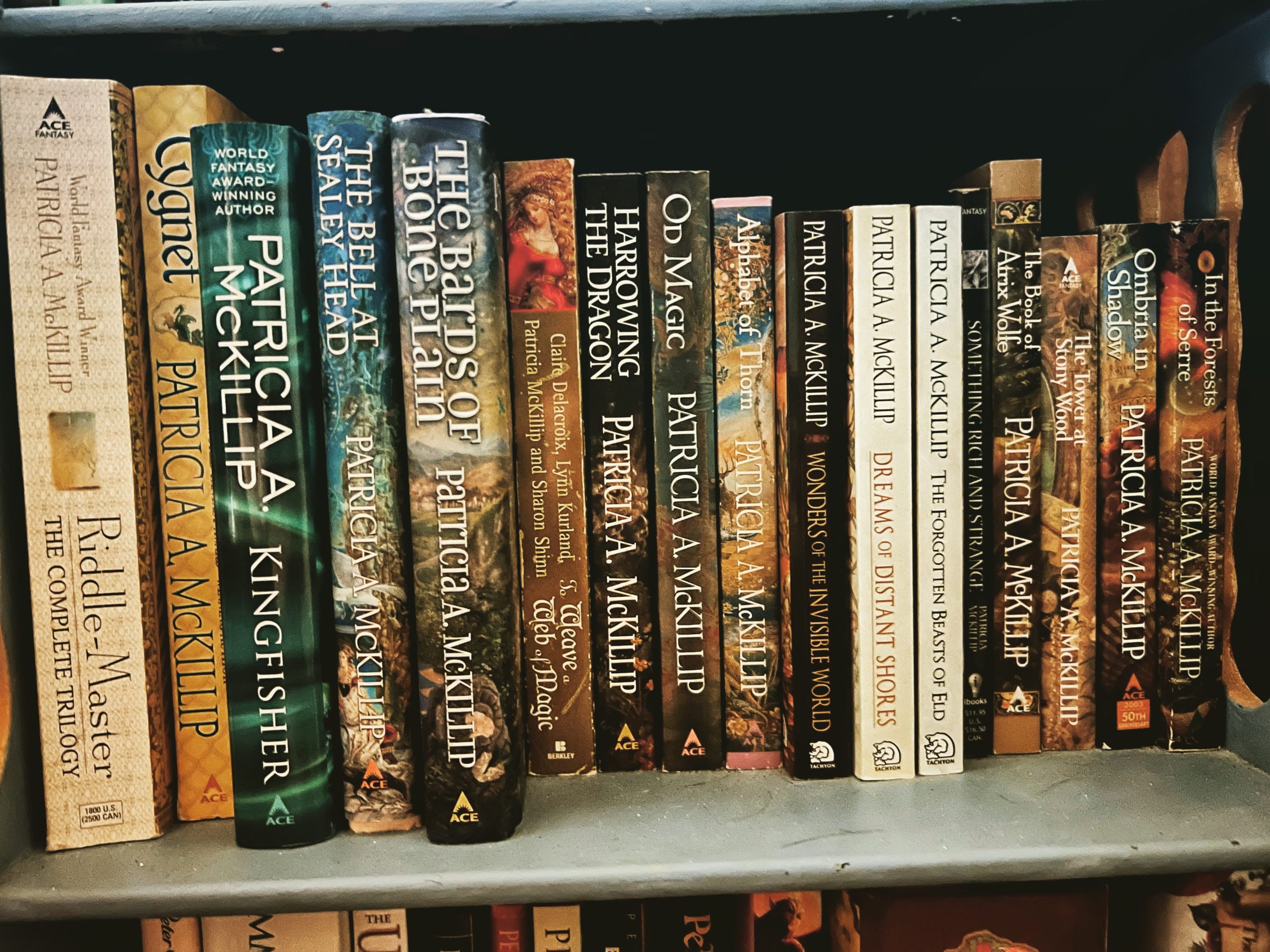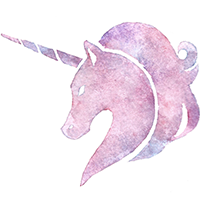
I just finished reading Patricia McKillip’s breathtaking Riddle-Master trilogy. I’ve lost track of whether it’s the fourth of fifth time I’ve read it, but it still leaves me breathless each time.
McKillip’s passing in 2022 was a great loss to me, one of my enduring favorite authors since the 1990s when I discovered her work — was “Winter Rose” or “The Book of Atrix Wolfe” the first? I can’t even remember now, I’ve read and reread them all so many times that it’s hard to keep track.
I do know that it was much later that I finally picked up Riddle-Master. I don’t know why. I definitely remember seeing it on the rack in our small local bookstore when I was a teenager in the 80s. I remember picking it up, reading the back, putting it back down again. Why didn’t I choose it? Why did I wait until I was in my 40s to finally dig into McKillip’s masterwork, the breakout novel that secured her spot as one of the greatest fantasy writers of our time?
Maybe I just wasn’t ready.
Riddle-Master still astonishes me each time I read it, but not in any way that I can qualify in writing. I think I get so swept up in the narrative that I just turn off all the critical functions in my brain and get lost in the flow of the story. McKillip’s prose is evocative, lyrical, a spell that wraps you in a liminal space of beauty and magic, where every possibility is a reality, and every blade of grass holds meaning.
In her introduction to the 1999 omnibus edition, McKillip talks about how it was inspired by “The Lord of the Rings,” and you can see something of that reflected in the story, a continent-spanning epic that turns on the epic conflict between humans and ancient, mythic beings that can shatter the world with their power.
But it’s entirely different from Tolkien as well. It is more intimate, for one thing; each volume is told entirely from one person’s point of view. So while kings do gather armies, we’re seldom in the thick of battle. Most of the dramatic development takes place sitting around fires, characters talking, trying to solve problems with careful thought and discussion, not swords and spells.
While there are no hobbits or dwarves or elves, there are echoes of what makes them distinctive in the different kingdoms of the Realm — the farmers of Hed are peaceful, the miners of Isig live on and under a mountain, and so forth.
Riddles play a significant role, too, but their importance elevated even beyond Tolkien’s riddle game. Here, they are not just mind-twisters, but legendary conundrums, the lost secrets of history, studied and puzzled over by the wisest people in the realm. They are the pathway to understanding the path and preserving the future.
McKillip’s work — not just in Riddle Master but throughout her opus — often centers on solving a riddle, a mystery at the center of the characters’ lives, whether it’s why a bell sounds over Sealy Head every day or who is hiding in the shadow of Ombria. It’s a mystery the characters fall into almost by accident, and to find their way out they must, like the Riddle-Master Morgan of Hed, find and piece together the clues to figure out what is actually going on. Solving the riddle solves the problem, not feats of magic or feats of might.
But even as the mystery is solved, there is so much mystery left on the page. Unlike Tolkien — with his acres of history and backstory — and other world-building fantasists, while we sense deeper layers of myth and history in McKillip’s invented worlds, they’re mostly unseen and unexplored. You don’t need to know how magic works, or where power comes from, or how the kingdom was founded. It’s like visiting a remote country without a guidebook in your own language — you might not understand all you see and experience, but it is no less awe-inspiring.
I am still so sad that McKillip has gone from this world, because it means there are no more of her wonderful worlds to look forward to. I take some solace that there are a couple of her earliest books I haven’t read yet — I bought one for a huge amount of money at World Fantasy this year and I keep putting off reading it, because I know I’ll never get to read it for the first time ever again.
Whether you’re familiar with McKillip’s work or not, I encourage you to watch this presentation about her from last year, shortly after her death. It’s a beautiful tribute to someone whose work has been so influential in the fantasy genre for decades.
If you’ve read McKillip, which is your favorite of her books? Are there other authors who you have mourned when they passed away? I invite you to share int he comments!
